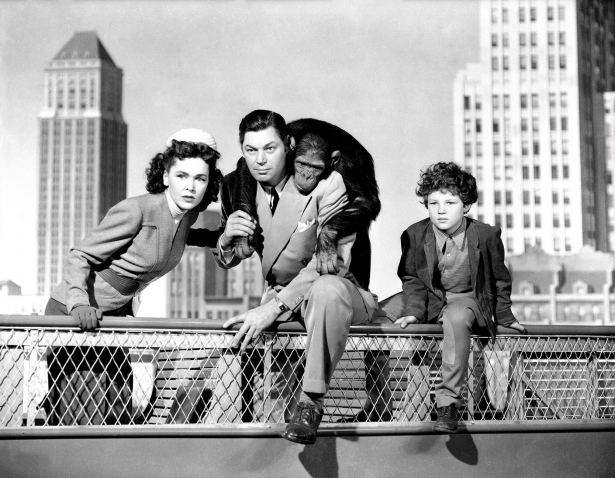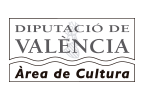When Montaigne met for the first time a group of American natives brought before de king of France, he praised the healthiness of their natural habits in comparison with those of his Catholic and Protestant congeners, which then killed each other without too much hesitation. But it was Rousseau who mainly contributed to philosophically underpin the idea of the noble savage: man is good by nature — stated— but corrupted by society. The Genevan philosophe flipped in that way another theory of human nature, the one developed by Hobbes a century earlier, which defended just the opposite: the need of a strong power —Government — because without it humankind, in state of nature, would live in a continuous state of war of all against all. Since man, it is common knowledge, is a wolf to man.

Fotograma de la pel·lícula
But Rousseau was who mainly contributed to philosophically underpin the idea of the noble savage: man is good by nature —stated— but corrupted by society
There has not been better embodiment of this myth of the noble savage than Tarzan, a newborn baby raised among wild animals which take care of him. Long before the arrival of the bio or eco trend, Tarzan was the perfect example of a natural lifestyle. Furthermore, he had managed to develop, in the middle of the jungle, a natural morals who made him able to distinguish between good and evil in a quick and intuitive way. Moreover this morals, supposed to be natural, actually contrasted the mean and selfish morals of the civilised men who discover such amazing creature in the right middle of the border between man and animal.

Fotograma de la pel·lícula
Long before the arrival of the bio or eco trend, Tarzan was the perfect example of a natural lifestyle, with a morals equally natural who made him able to distinguish between good and evil in a quick and intuitive way.
This one will be precisely one of the main subjects of the first films on Tarzan, especially the one which is going to be screened in our cinema series, Tarzan New York’s Adventure. When the King of the Jungle visit the metropolis, the audience will know another kind of barbarity, civilisation. This is not a new idea: King Kong had already made use of this resource. And Diderot, as far back as in the XVIII century, also talked about the barbarity of civilized nations. But the idea had not just precedents but also effects: forty-five years after the first release of Tarzan, another film which made use of the same mythopoietic ingredients —including the idea of natural morals— reached a success unexpectedly spectacular. It was Cocodrilo Dundee. And a part of the story happened in New York.




